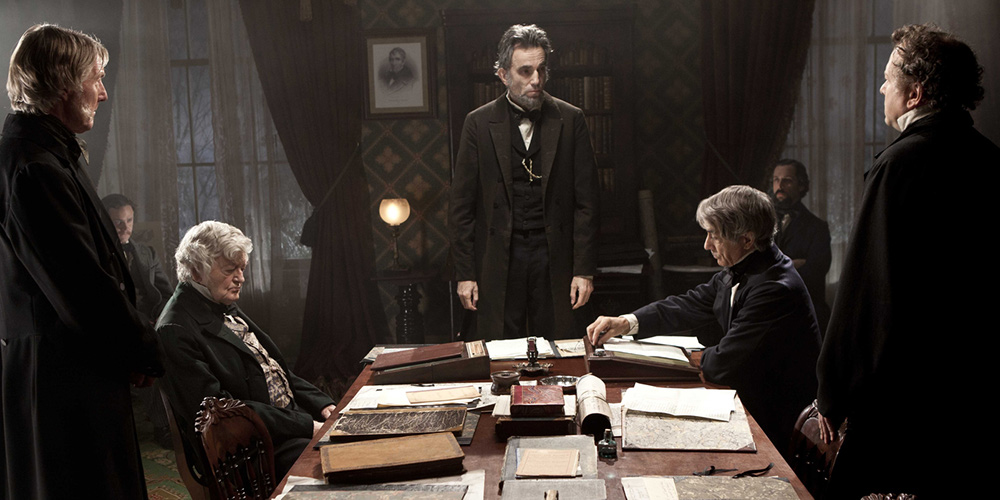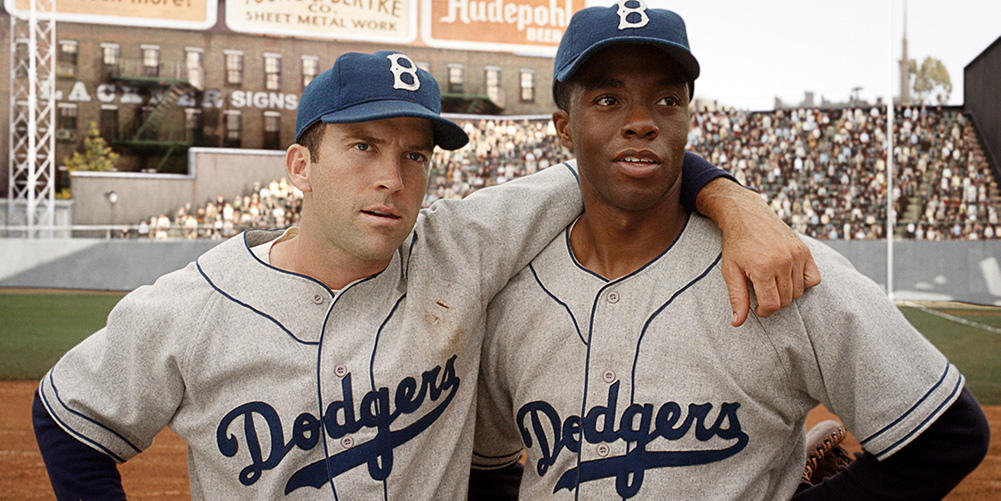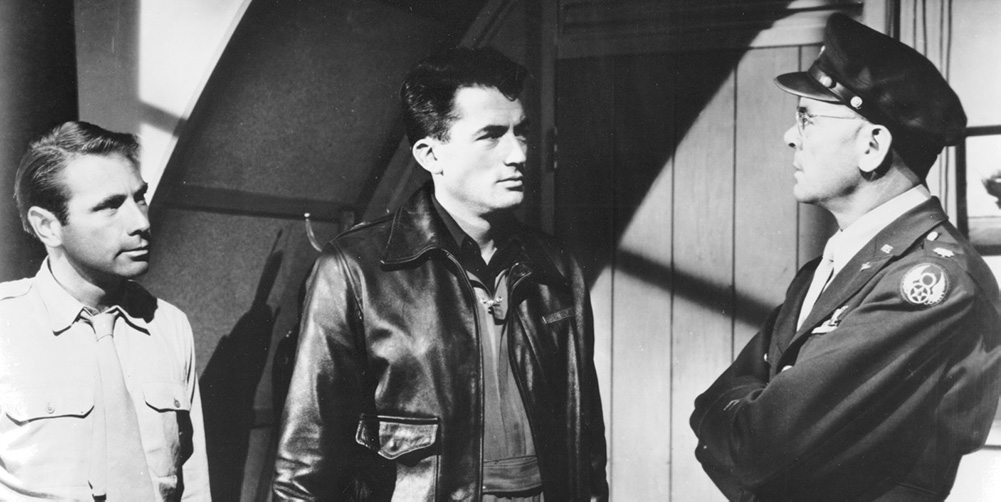Do you feel able to bring your ‘whole self’ to work? What about your team, or your colleagues?
In many work environments, we expect individuals to ‘fit in’ rather than be themselves. But being able to bring your whole self to work, to feel comfortable and display all your talents, is a key facet of employee engagement. It’s difficult to perform at your best if you’re trying to act like someone you’re not.
This theme is explored at length in The Imitation Game, which highlights the remarkable contribution of British mathematician and computer scientist Alan Turing (played by Benedict Cumberbatch) and his fellow code-breakers at Bletchley Park during World War Two.
Turing and his colleagues broke the German Enigma code, a breakthrough estimated to have shortened the war by two to four years. The ‘Turing machine’ developed to break the code is also widely acknowledged as a forerunner of modern computers. Yet without a willingness to embrace ‘difference’, it could easily have failed.
Turing apparently displayed traits of Asperger Syndrome: in the film, he struggles with social interaction and with reading non-verbal communication. To many of his superiors and colleagues, he comes across as arrogant, patronising and occasionally insulting. Unsurprisingly, this causes friction:
- Turing’s ground-breaking work at Bletchley almost falters before it begins, as he infuriates strait-laced Commander Denniston (Charles Dance) in a comical first interview. Turing’s ignorance of social etiquette, and his declaration that he doesn’t want to work for the Army, almost get him thrown out. He gets the job only because he’s able to persuade Denniston that his greatest strength – solving puzzles – is the only criterion for the job worth considering.
- Turing infuriates his team just as quickly. He insists on working alone, shows little regard for his fellow team members’ abilities, and resists any approaches to help build a team ethic.
- When he doesn’t get the funding he needs to build his machine, he goes over the head of Denniston and writes directly to Winston Churchill. When Churchill puts him in charge, he immediately fires two of the team whom he doesn’t feel have the skills to contribute.
Sometimes it is the people no one imagines anything of who do the things that no one can imagine.
It may not make for the most conducive team environment, but over time Turing’s team acknowledge his brilliance and make allowances for his behaviour. As a result, they back him when the Home Office threatens to pull the plug on his machine.
And Turing himself tries harder to fit in, under the prompting and tutelage of fellow code-breaker Joan Clarke (Keira Knightley). He socialises more with the team, even attempting the odd joke – though again, with comical results.
Clarke herself is another beneficiary of a willingness to embrace ‘difference’, and challenge conventional norms. Turing recruits potential code-breakers by posting a crossword puzzle in a national newspaper. When Clarke proves herself the fastest puzzle solver in the country, he fights hard to get her on the team despite resistance from the establishment and her own parents. For Turing, ability is the only criterion for the job.
The work at Bletchley Park shows how focusing on people’s talents rather than their weaknesses – on what they can contribute, rather than what they can’t – can reap incredible rewards. After a rocky start, it doesn’t matter that Turing is different from the others. What does matter is his genius in code breaking.
Yet when the war ends, Turing’s differences – and in particular, his sexual preference – are not tolerated by society. That lack of tolerance – the inability to appreciate difference – robs the country of a genius and a hero. Having been convicted for gross indecency, Turing accepts a state-mandated course of chemical castration rather than a prison term to avoid being separated from his work. He committed suicide, aged just 41.
Thankfully, times have moved forward. But have they moved far enough? How well do our organisational cultures genuinely tolerate differences – gender, sexual preference, ethnic background, personality, dress code?
Do we allow people to bring their ‘whole self’ to work? Or are we more concerned with making them fit in?





